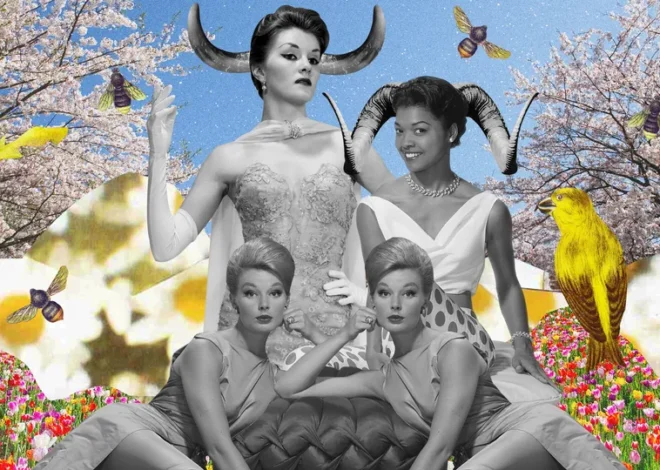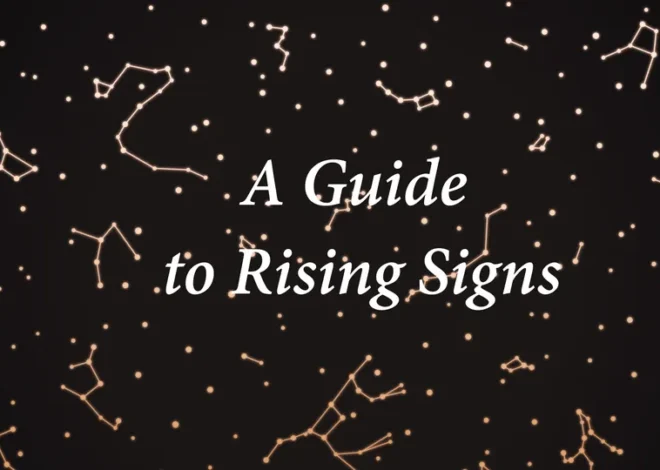
Gaining ‘Street Cred’ For Vocational Astrology
Netherlands astrologer Faye Cossar believes astrology clients should not be put off because the astrologer consulting them appears to be equally interested in what they have to say. This is a good thing!
“Clients know far more about their lives than an astrologer ever will. So astrologers should listen to what clients are asking and saying,” she says.
“There needs to be dialogue, not one way ‘readings‘. Ideally, the conversation will be aimed at helping clients take responsibility for their own lives.”
Cossar says this is one of the main messages she’s attempting to get across in her new book, Using Astrology to Create a Vocational Profile. The book is designed to help astrologers help clients discover the type of work that best suits them – and spot the problems that block their paths.
Cossar has been an astrologer for personal and business clients for more than 25 years and also is in practice as a therapist. She studied astrology in New Zealand and London and was among the first to earn an MA degree in Cultural Astronomy and Astrology at the Bath Spa University near Bristol. Today she runs the Amsterdam School of Astrology and lectures worldwide.
“My mission seems to be to promote astrology as a practical, useful tool. I see it as a model for looking at life’s questions,” she said.
For example, questions like what should people be doing with their lives?
The astrologer spent many years in the business world before committing to a fulltime astrological practice. She was managing training, public relations and marketing for a consulting firm before making the change.
“I already had a part-time astrology practice and was finishing up my therapy training. So I set out to combine these two skills with my business background. Career counseling was a natural service for me to offer.”
In an interview, the Astrology News Service (ANS) asked Cossar about her book, her practice and her unique approach to vocational counseling.
ANS: When did you start helping people find or develop their vocations?
COSSAR: My work in this area began as soon as I started getting more serious about astrology in 1984. Career questions always came up, but in London more and more people started saying things like “I hate my job”, or I don’t know what my passion is”, or “I want a change.” And there were all manner of ways of asking “what is my calling?” I realized this was always going to be one of the main reasons that people consult astrologers.
ANS: In addition to astrology what other methods or techniques do you use when working with clients?
COSSAR: Various therapy methods are involved, including gestalt therapy, voice dialogue, guided imagery and body work – all combined with astrology. Also, I studied and later assisted in the development of a course on Inner Child Integration with past life regressions. I include all of these in my work, using what I think might work for a particular client.
I do straight astrology for short-term, one-off sessions. But when I see clients often I use all of the techniques. On rare occasions I see clients that don’t want to use astrology, but by the time they’ve been in a few times they always want their chart looked at.
ANS: From the client’s perspective, what kind of information is she/he likely to find in a vocational profile?
COSSAR: The vocational profile model I use comes from the Dutch career-counseling world and is based on three things: Who Am I? What do I want? What can I do? This method leads to a personal career profile (PCP), which consists of several parts: Vocation, talents, style, communications and relational skills, the kind of environment that suits people best, and the kind of boss people work best with. And it helps define blocks and what might be holding people back. Astrology provides clarity. And the whole process helps clients focus on what they really want in their lives.
ANS: Are business clients open to astrology in the Netherlands?
COSSAR: They are very curious about it. People in business and in private sometimes want advice but even more than that, they need to know what they can ask of an astrologer. I often give talks to professional women’s groups and they love astrology and can see the benefits of looking from another perspective at current problems. Most of my clients are women but more and more men are coming to talk about themselves and their businesses.
ANS: Is astrology’s image improving in the business community?
COSSAR: Every country has its own issues with astrology. However, I find most people are curious about astrology even if they are skeptical. One of the things that has helped me the most in getting astrology accepted in business circles was the MA in Cultural Astronomy and Astrology at Bath Spa University. Professional people and others are impressed and amazed by the fact that astrology is being taught in universities again. I chose a really good business topic for my dissertation – organizational development – so that has helped too.
To make astrology acceptable astrologers need to combine other skills with the discipline; they need to specialize in what they love and are good at. If the plan is to offer career counseling the astrologer needs to know about the job market and the ways companies work. They need to study what job-seekers need and understand things like employment law and outplacement.
ANS: Might the tools involved in creating vocational therapy be effectively used by HR professionals or is the potential for abuse too great?
COSSAR: I have worked with HR professionals who offer sessions for staff. This can be tricky as often it is clear that many people are in unsuitable and unfulfilling jobs. The sessions are private, of course, so it is up to managers and staff what they share.
It can be difficult for HR professionals to use an astrological framework; astrologers need years of experience to be able to offer good sessions. Astrology cannot be made simple without losing its power. Working together with managers and leaders is very powerful, though.
ANS: What do you believe astrology’s role in the workplace should be?
COSSAR: Vocational work is often done in companies. The Myers-Briggs Type Indicator is a personality test widely accepted in many countries. Most people don’t realize it has astrology’s four elements at its heart. The Enneagram is also widely used in business to establish personality types. The interpretation is frequently done by experts, so I think astrologers can offer their services in the same way. Acceptance of the Enneagram shows this may be possible.
Astrology in business has much wider possibilities than just in HR. But this is a very good place to gain ‘street cred’ as there are many good astrologers who might do this work. I’ve suggested a framework for astrologers that aims at making the work more results-oriented in order to enhance its acceptance in a business environment.


